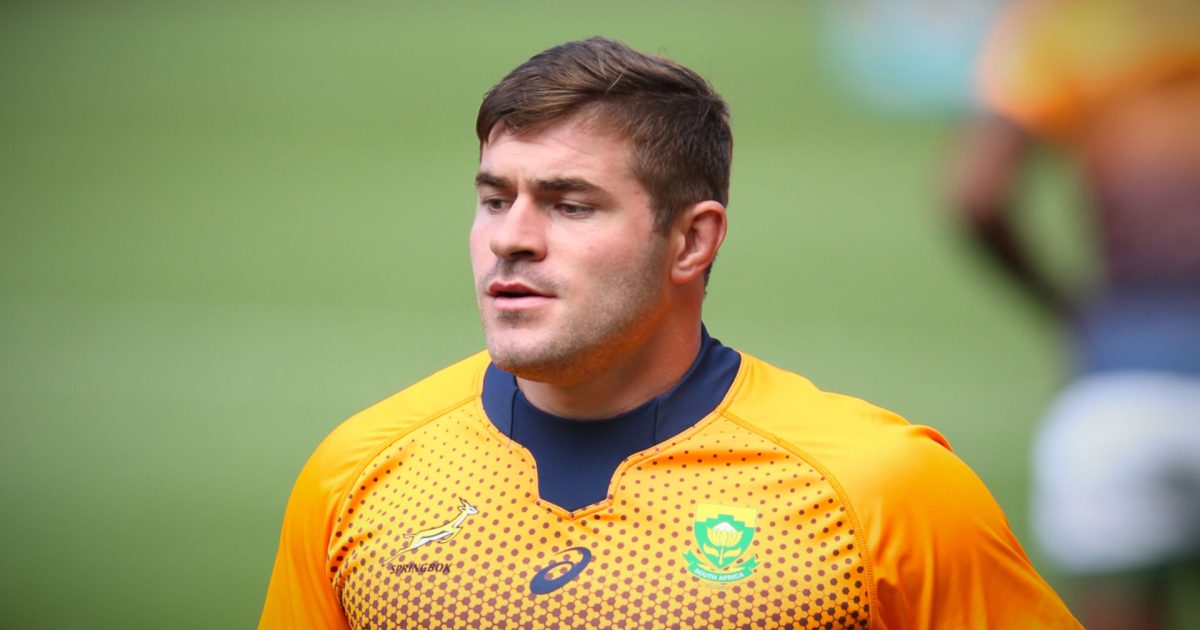Munster table substantial offer for Malcolm Marx

Irish heavyweights Munster have tabled a sizeable deal in a bid to land Springbok World Cup winner Malcolm Marx – RugbyPass understands.
The Irish province – who secured a 33-3 bonus point URC victory over the Lions in Musgrave Park last night – face stiff competition for Marx’s signature, with the world-class Springbok one of the most sought-after forwards in world rugby.
French Top 14 giants Clermont were understood to also be interested in Marx but their recent signing of Wallabies Folau Fainga’a suggests that they’ve now filled the position.
Graham Rowntree’s side current first choice in the hooking department is 30-year-old Irish international Niall Scannell, who is backed up by Diarmuid Barron, Scott Buckley and the as yet uncapped Chris Moore.
Should Marx sign for the Irish side he will join an already strong South African contingent in Limerick, with the likes of RG Snyman, Irish international Jean Kleyn and Keynan Knox already in situ.
Marx, who is competing with Bongi Mbonambi for a starting position on the Springboks team, is a valuable member of Jacques Nienaber’s squad and any move would happen following the Rugby World Cup in France later this year.
The 28-year-old is currently signed with the Kubota Spears in Japan, after spending the previous season with the NTT Shining Arcs. While playing abroad may not necessarily be advantageous, South African Rugby does not have a strict policy that prohibits overseas players from joining Springboks camps. As a result, exclusion from Test rugby is not necessarily a concern for the 6’2, 115kg frontrower.
Marx’s pedigree is unquestionable. He’s won a half-century of caps for the Springboks and has previously been nominated for the prestigious World Player of the Year accolade and has previously won voted SA Rugby Player of the Year and SA Rugby Young Player of the Year.
The Springboks are not the only ones that will be losing players to northern teams over the next six months, with a flood of southern hemisphere stars expected to migrate north after the 2023 Rugby World Cup has been concluded.

































































